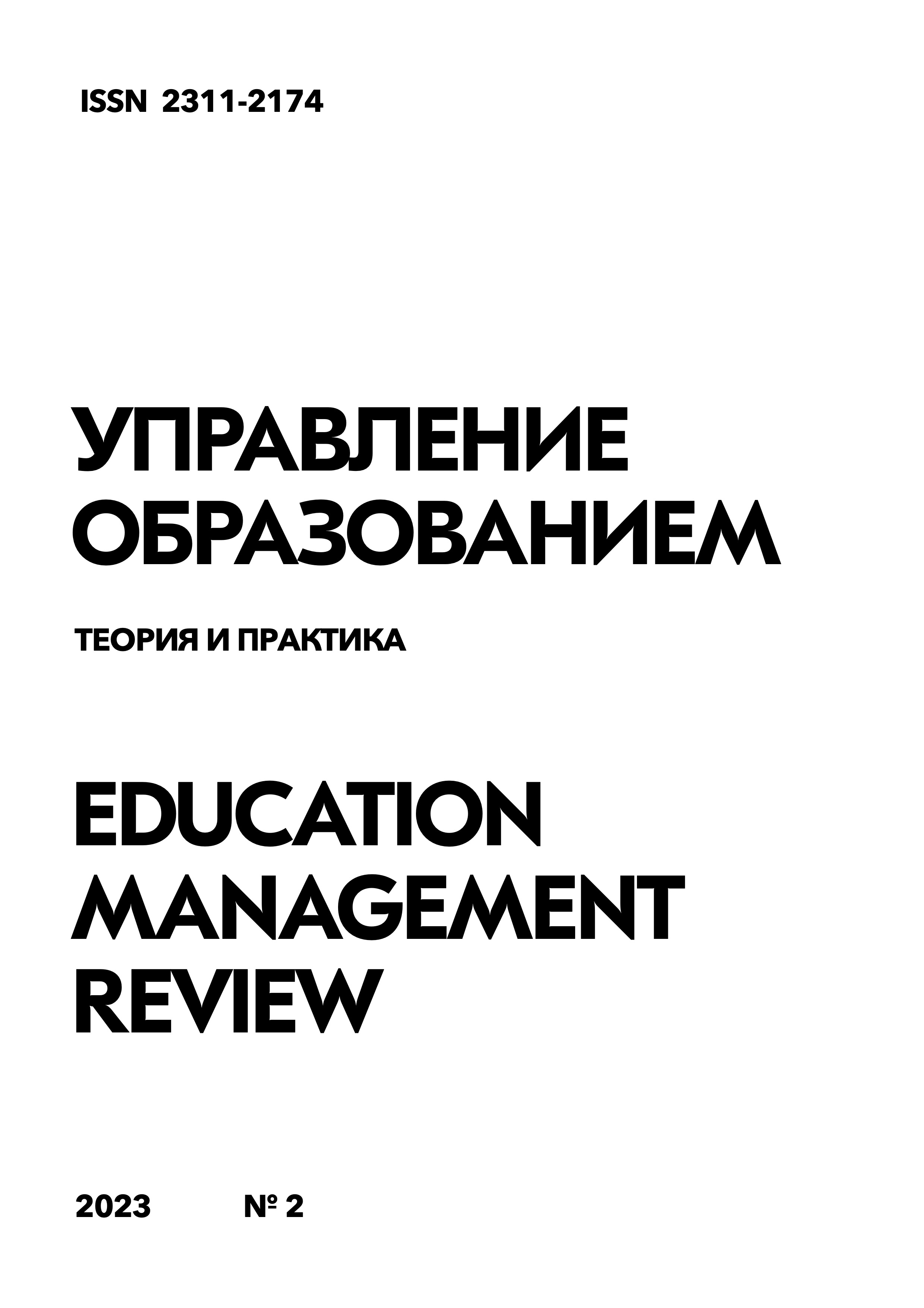Population support for the policy pursued in the region as a resource for development: social diagnostics, public awareness, education and training system
DOI:
https://doi.org/10.25726/b3847-4113-6968-oKeywords:
organizational and activity business game, educational tasks of participants in the business game, infrastructure of the public information system, involvement of the population in the work to overcome emerging difficulties and support for the policy pursued by the stateAbstract
The education system, through training, along with other institutions, forms the economic potential of the country and the cultural code of the population. When solving strategic problems at critical stages of the development of society, the system of advanced training of personnel, social diagnostics and informing the population are especially popular resources. Cadres of managers in the economic, social and political spheres directly affect the state of affairs in the economy, social sphere, and in the state. It is proposed to consider as separate independent parameters in the socio-political sphere: first, the system of advanced training of managers and specialists of the real sector of the economy; the second is the use of educational technologies, in particular, organizational and activity games, to unlock the potential of students and solve urgent problems; The third is the creation of an infrastructure for social diagnostics and informing the population in order to be included in creative activities, to receive support from the population for the policy pursued in the region. Separately, the practice of diagnosing the economic mechanism of the agrarian sector based on the materials of the organizational and activity games available to the author of these lines is considered. A retrospective of the analysis of the situation of the 70-90s of the last century is given, a distant analogy with the situation of the present period is drawn. The practice of operational interaction of employees of the administrative structures of the region with the population within the framework of the days of informing the population as part of constantly functioning groups is revealed.
References
Аникина Н.А., Стукач В.Ф. Неформальные институты трансакционного сектора региона: агроэкономический аспект: монография. Москва: Изд-во ФГБОУ ВО Омский ГАУ, 2016.-216с.
Введение в российскую деловую культуру: учеб. пособие / Гос. ун-т управления; Нац. фонд подготовки фин. и управленческих кадров. М.: ОАО «Типография «Новости»», 2014.
Видеообращение к участникам деловой игры, профессора В.Ф.Стукача Видеофильм. https://my.mail.ru/mail/vic.econ/video/_myvideo/21.html
Институциональная экономика: новая институциональная экономика, теория, учебник/под ред. А.А. Аузана. Моск. гос. университет им. Ломоносова, эконом. фак. М.: ИНФРА-М, 2005. 416 с.
Классификация деловых культур по Г. Хофстеде.[ ] http://inco.vsu.ru/UserFiles/EHEPRS/topic6.2_en.pdf
Мясоедов С.П. Основы кросс культурного менеджмента: М.: Дело. 2014. 224с.
Потенциал деловой игры в модернизации образовательного процесса и социальноэкономического развития региона: учебное пособие. Омск, 2018. 103с. https://www.elibrary.ru/item.asp?id=364399
Сайт Гомельского облисполкома, Беларусь. http://gomeloblikm.by/special/ru/contact
Hofstede, G., Hofstede, G. J., Minkov, M. (2010). Cultures and Organizations: Software of the Mind. Revised and expanded third edition. New York: McGraw-Hill1
The abstract nature of the training and the modernization of the real problems of the economy: the potential of the business game in the professional development manager [Абстрактный характер обучения и модернизация реальных проблем экономики: потенциал деловой игры в профессиональном развитии менеджера] В. Стукач, Е. Асташова и А. Зинич. https://mpra.ub.unimuenchen.de/77671/1/MPRA_paper_77671.pdf




